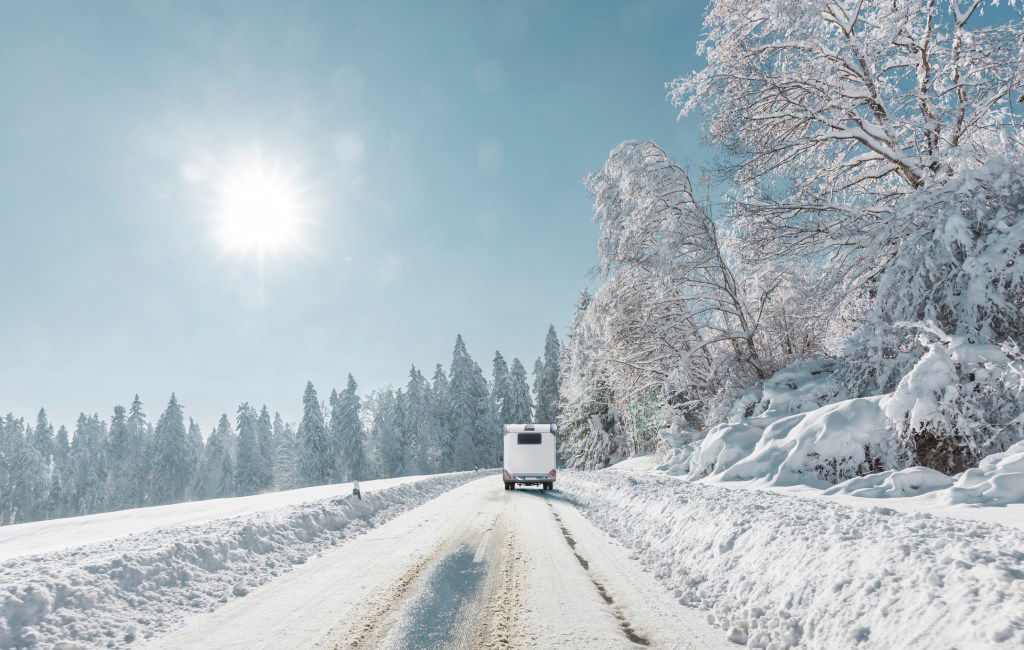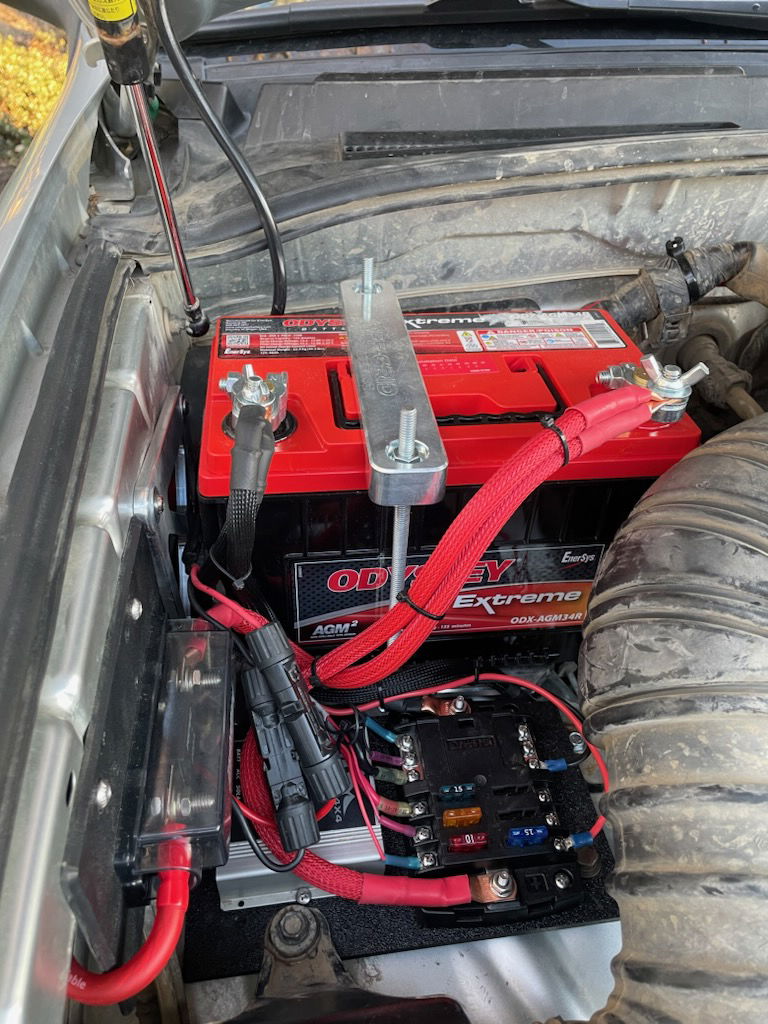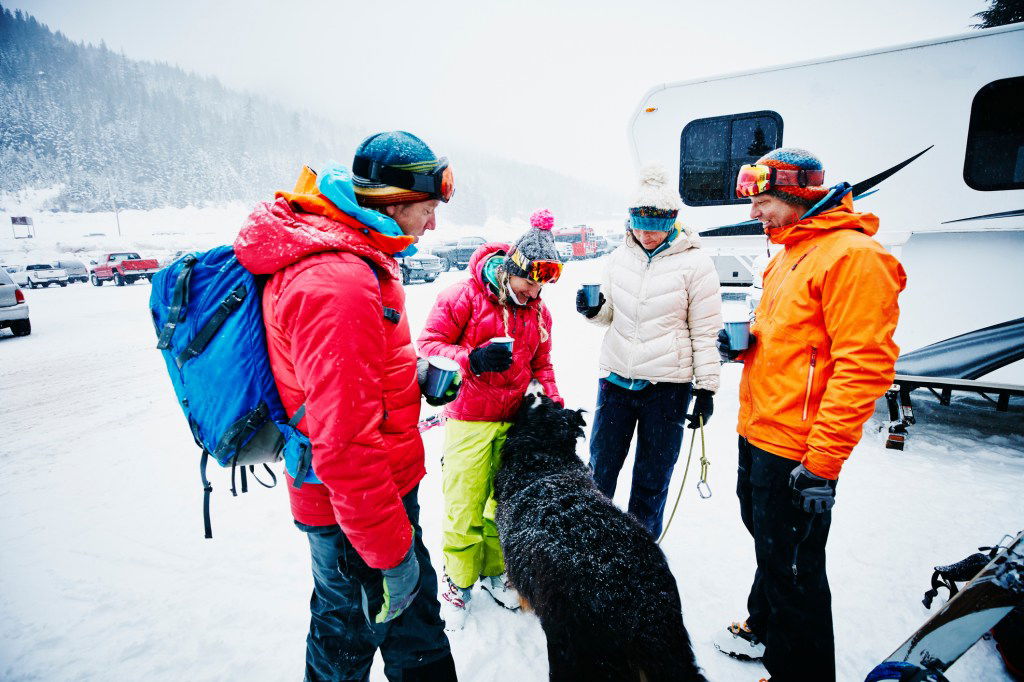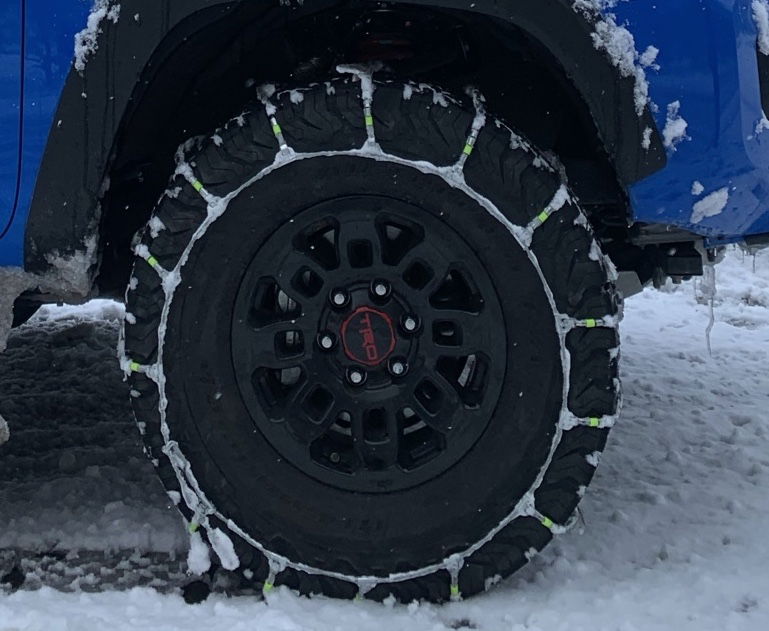

Whether you’re a newly full-time RVer, are considering a move to full-time or just dabble in the lifestyle seasonally, you may wonder what it takes to spend the winter in your rolling home.
You could do as the birds do and go south, heading to warmer temperatures in popular spots such as Baja, Mexico, Southern California, Arizona or Florida. Or, you could think like a bear, and prepare yourself and your RV to hibernate and hunker down where you are through the winter months.
If you decide to take the stay-in-place approach or want to venture out for a weekend trip into the snowy mountains, you’ll want to ensure you and your rolling home stay safe and warm during the cold seasons.

How to heat your RV
The first thing you’ll want to think about is how you’re going to heat your vehicle, says Christian Fick, Operations Manager for San Francisco based rental company Cypress Overland. Motorhome RVs tend to come with a generator that can run a heater like a house, he says.

However, for RVs that don’t have generators, you can install a diesel heater either by putting it inside a movable detachable box or by drilling holes into your RV’s walls and mounting it that way. Because of the way they burn fuel and are sealed, diesel heaters are relatively safe to run, unlike propane heaters.
It’s also good to install some type of insulation, fiberglass or foam, throughout your RV. That way, the heat from the generator or diesel heater will stay trapped inside instead of leaking out.
How cold is too cold?
Your setup will determine how long you can last in the cold and at what temperatures. RVs with a generator can remain warm in as low as 10°F, probably even lower temperatures, Fick says. Those running a diesel heater are fine between 10 to 20°F.

In addition to some type of heating system, it’s always good to have a well-insulated, low-temp rated sleeping bag and blankets on hand. These will help you be able to stay warm in colder temperatures, and are good to have in case of an emergency, like running out of fuel.
Keep pipes from freezing
If you’re planning to store your RV at any point through winter in cold climes, you must do some winter-proofing to keep your pipes from freezing. Fick suggestions three options:
- Newer RVs have heating coils around water tanks which keep them from freezing—check your manual to see if yours does.
- Drain water out of the tank when not using.
- You can alternatively fill your tank with gray and black water and RV antifreeze. With this approach, you’ll want to drain the tank of chemicals and flush it out with water before using.
Check your tires
Winter temps don’t just make it potentially uncomfortable to RV camp—you also have the concern of driving over icy roads in snow.

If you don’t have all-terrain tires, or don’t want to purchase some, snow chains are another option. Some states, such as California, even require you to either have the right tires or chains when driving on major highways in winter.
The best RV for winter travel
If you’re starting your RV shopping from scratch and plan to winter in colder climates, the Northwood Artic Fox is worth your consideration. Although technically a camper trailer, each Arctic Fox model has several different floor plans, comes with more than 30 standard features and has the option to add additional features such as holding tank heat pads.










